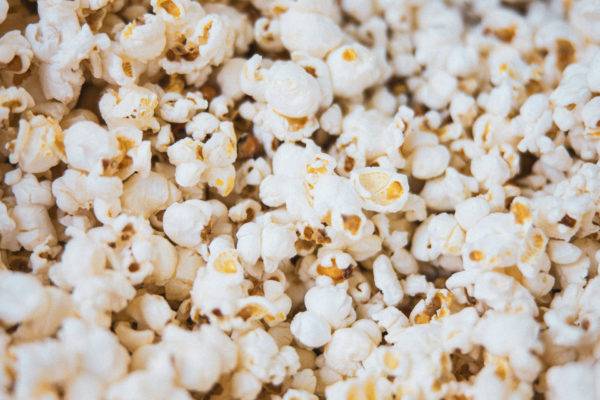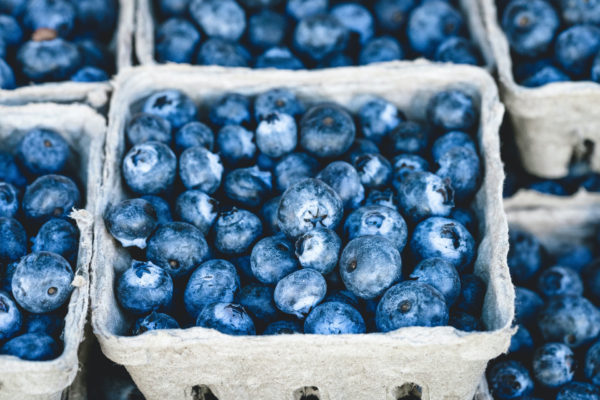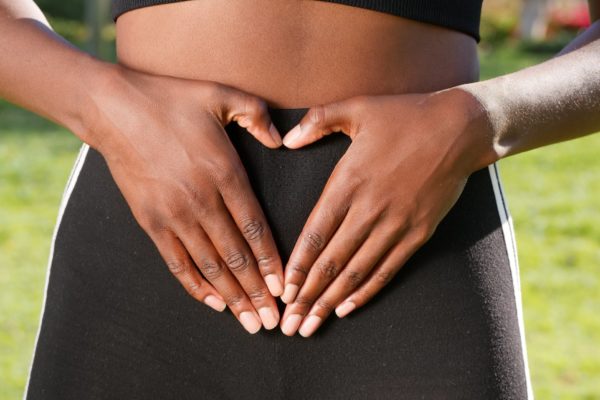What Is The Link Between Gut And Brain Health?
By
1 year ago
A new book explores how we can fuel our brain through food
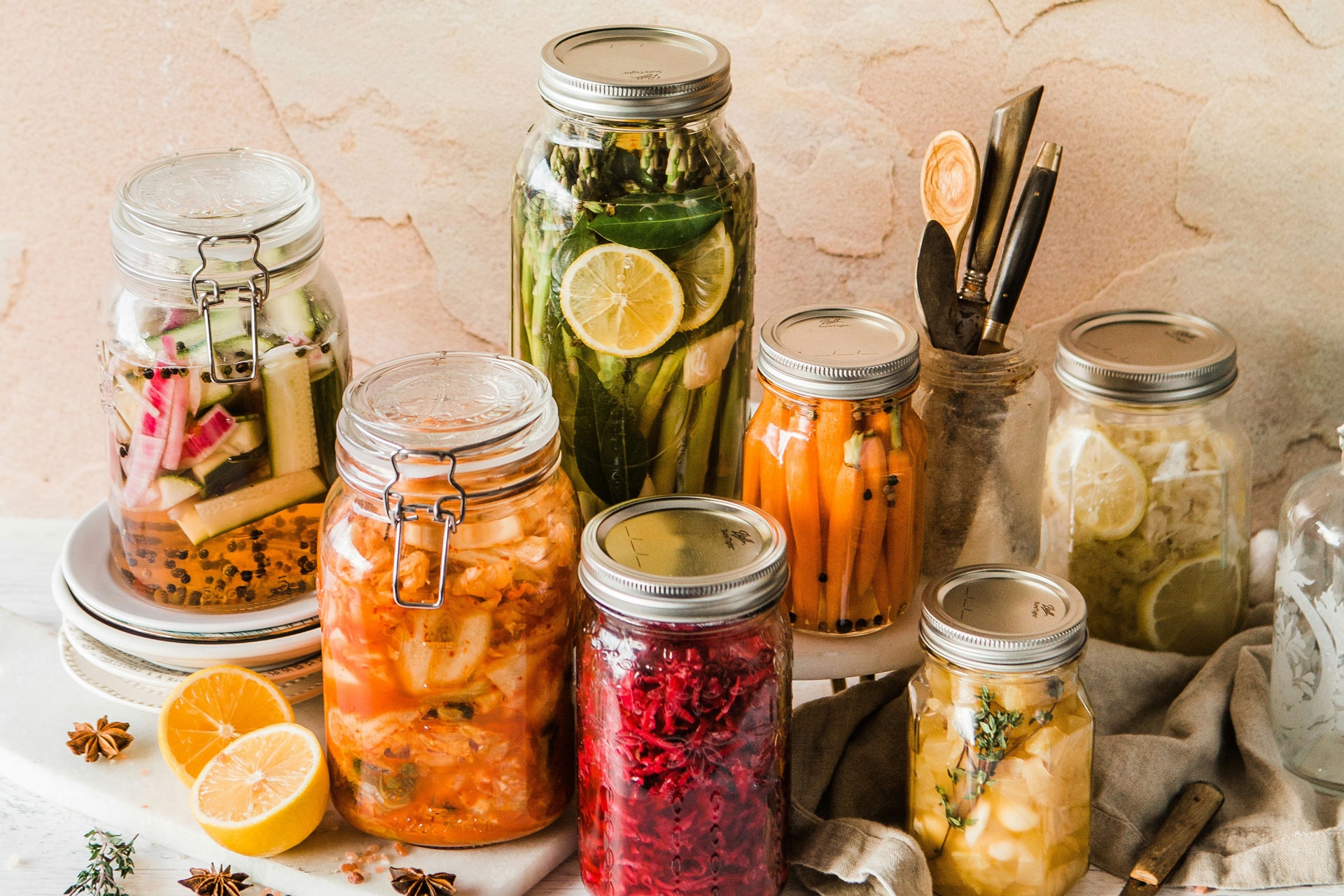
The connection between gut and brain health is one of the biggest topics in the nutrition sphere right now – but it can be confusing. Who is in charge, the gut or the brain? Does the connection work both ways? And how can we fuel a happy brain? These questions are at the heart of a new book by clinical nutritionist Stephanie Moore, Eat Your Brain Happy: an exploration of the relationship between our diet and our mental health. Here, she shares some of her findings with C&TH.
Eating For Your Brain: A Clinical Nutritionist’s Guide
Tell us about your new book, Eat Your Brain Happy. Why did you decide to write it?
My background is both as a psychotherapist and clinical nutritionist, and there’s been this magic coming together of worlds over the last five or six years. Mental health, brain health, nutrition and gut health are being talked about in the same conversation.
I did training through lockdown called nutritional psychology, and off the back of that I started the book. So this is about the very profound, complex, brilliant relationship that our gut microbiome and our brain have. It is really clear now how we can make the gut microbiome work better for our general health and in particular, our mental health. And that’s really what the book is about.
What is the link between gut and brain health?
In very simple terms, we have microbes: tiny organisms that live in our digestive system. And when they are fed well with plant-based foods, fibre and polyphenols, they produce compounds that feed our brain, and they pass directly from the digestive system up via a nerve called the vagus nerve. There’s two directional communication going on all the time. Our digestive system, or the gut microbes that live in our digestive system, have to feed the brain for the brain to work well. Now that might manifest as migraines or headaches or depression or anxiety, depending on where the lack is in your brain or the imbalance.
Does it work the other way too?
Yes, it’s bi-directional. So when we are anxious, busy, preparing for something, there’s anticipation, the butterflies or the nausea is going on for all sorts of reasons. The chemicals that are in the brain are coming down to the digestive system and turning off your hunger, so the digestive system gets shut down.
If you’re eating a lot of foods that are disruptive to your digestive system, then that can jangle the brain, and you can get negative effects in the brain. And then equally, if you are very anxious, very depressed, very stressed, very overwhelmed, those messages are coming down to the gut, and then that upsets the digestive system. Hence, we have irritable bowel syndrome, which is directly affected by levels of stress in the body.
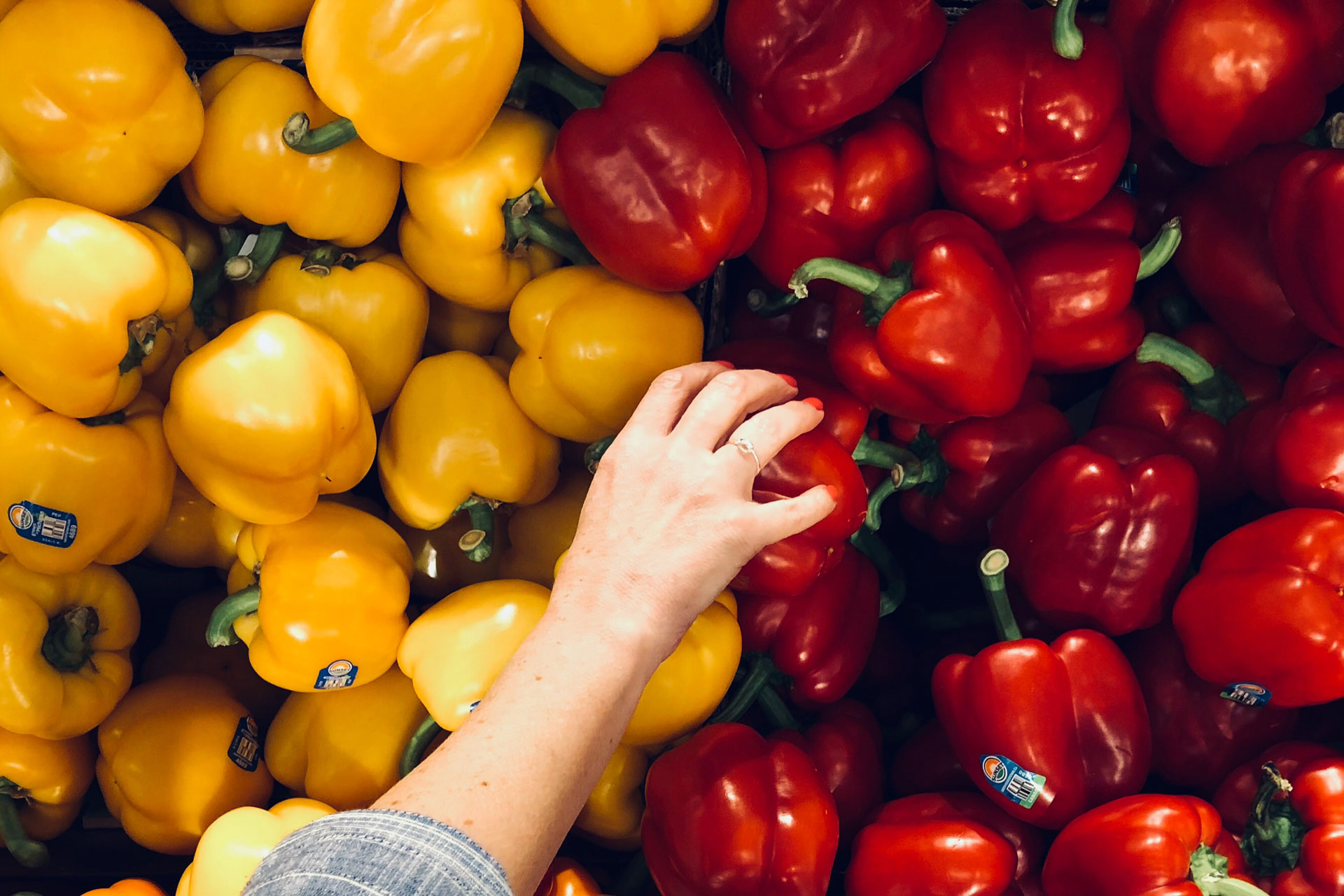
How important is diet for mental health?
We eat for so many reasons – often it’s nothing to do with hunger or physical need. So we’ve got to get that balance right about understanding that we have to eat deeply nourishing foods to allow the body and brain to work well. But also, people are challenged when they’re mentally unwell, because they want the satisfaction and quick fix of foods that aren’t going to be good for them. That’s really where the challenge lies. But I think when one appreciates that having low levels of vitamin D, for example, or low levels of omega three fatty acids will literally make your condition worse, it gives you motivation to make better choices.
Mental health feels so untouchable and unmanageable – it’s complicated and different things work for different people, but everybody benefits from eating well. It doesn’t necessarily mean, certainly not immediately, eliminating all those lovely foods that you indulge in or that make you feel temporarily better – it’s about adding in more good.
Can a lack of certain foods make you feel down?
Yeah, that’s very clear. Because our gut microbiome, this massive organism living within us, they are not human, yet they are integral to human health – we cannot live without them. They require certain foods to thrive, and if they don’t get those foods they die. It’s that linear.
So there are foods that harm our microbes, so we want to be reducing those over time. But, crucially, there are foods that feed our good microbes, and you need to be introducing those. Those are polyphenol-rich foods, which are plant foods that are richly colored or have bitter flavours to them, and fibre-rich foods. That has to be the starting point, getting in the foods that feed them.
How can ultra-processed foods affect our mood?
Most UPFs give us a hit – these foods are so processed, your own body doesn’t have to process the food. It goes way up straight into the bloodstream, usually in the form of sugar, and other chemicals that give us a momentary high. So dopamine, which is a pleasure signal in the brain, we get from certain foods that we associate pleasure with – and a quick fix and sugar can increase levels of serotonin and various other things. So there is a direct correlation, but it is fleeting, and there’s collateral damage, because ultra processed foods are detrimental to the good gut microbes.
So the more we have, the more we kill off the good, which creates space for the not so good microbes to thrive. So then the balance is off in the gut microbes, which then sends an imbalance message up to the brain. And so that is self perpetuating. So I completely understand that in moments of crisis or energy crashes or just feeling so fed up that you just want to indulge in something gorgeous, the appeal is great. What is lovely, and I’ve seen it in clinical practice a lot, once you self correct, once you get to a certain point where your gut microbes are well balanced and the signals to the brain are well balanced, the drive to have those foods goes.
But for many people that’s an impossibility. They cannot believe that they won’t always crave sugar, and the liberation of that, when suddenly you’re not at the mercy of your cravings, is enormous, and that sense of control and autonomy again, means that then it’s so much easier to manage those mental health challenges. So we’re all a bit different as to what degree we have to be managing these things, but everybody benefits from eating foods that support that gut brain axis.
What are some ways people can deal with cravings and change their habits?
The first step is noticing. Why are you craving it? Are you tired? Are you bored? Is it a habit? Is it because it’s what you’ve always done? So there are those sorts of things. And then I really encourage people to eat more – not sugar, but to eat more: to get more protein, more good fats, a wider range of fibre-rich foods, and to make meals really delicious and satisfying. And therefore, the nourishment level and the balance lasts for longer. So they haven’t got this crash, when you are miserable and grumpy and you want caffeine and sugar again. You’ve got a much more linear, much more comfortable line of blood sugar, energy production and nutrient delivery.
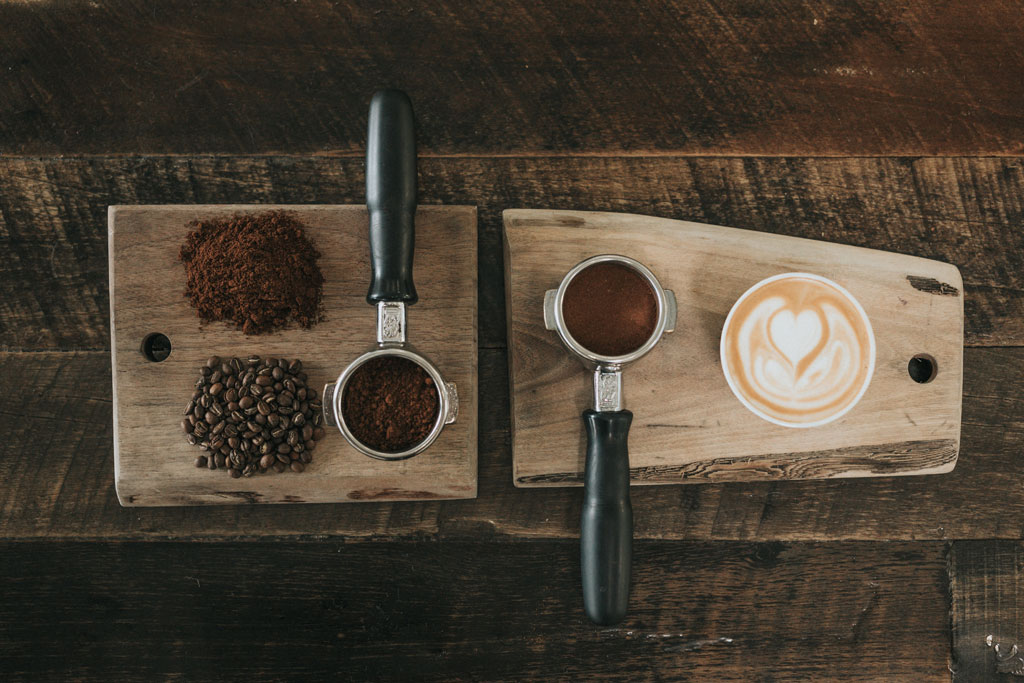
What does a brain-healthy diet look like?
It sometimes sounds so simplistic and uninteresting, but it really is about having as wholesome a diet as possible, which means fewer packaged foods – more foods that have had the least done to them as possible.
These include:
- Garlic, onions and leeks – they have special fibres that supercharge your gut microbes
- Bitter leaves like rocket, watercress and radicchio
- Olive oil
- Raw cacao
- Dark chocolate
- Coffee
- Foods with rich colors like berries and red peppers
- Fermented foods like yoghurt, sauerkraut or kimchi
How important is the timing of our meals for our brain health?
If we’re eating too late, that will disrupt your sleep. Try to have at least three or four hours between meals – a nice window where your digestion can take place. That helps your digestion, which helps your brain.
Tell us about your retreats at Goodwood…
The first one we started was the gut health program – that works on the principles of the three F’s (fibre, fermented foods and fasting). Then on the back of the book, next year we’re going to be running a food and mood course. All our courses have the premise of gut health, because everything we do is dependent on good gut microbes. It will be based on the book, looking at nutrition, but also other lifestyle factors – breathing, walking, why nature is so important, and ways to support the microbes to work with your brain better. It’s a residential stay in the beautiful Goodwood – the largest regenerative organic farm in Europe.
Eat Your Brain Happy is out soon, pre-order here. Find out more about the Goodwood retreats at goodwood.com.




